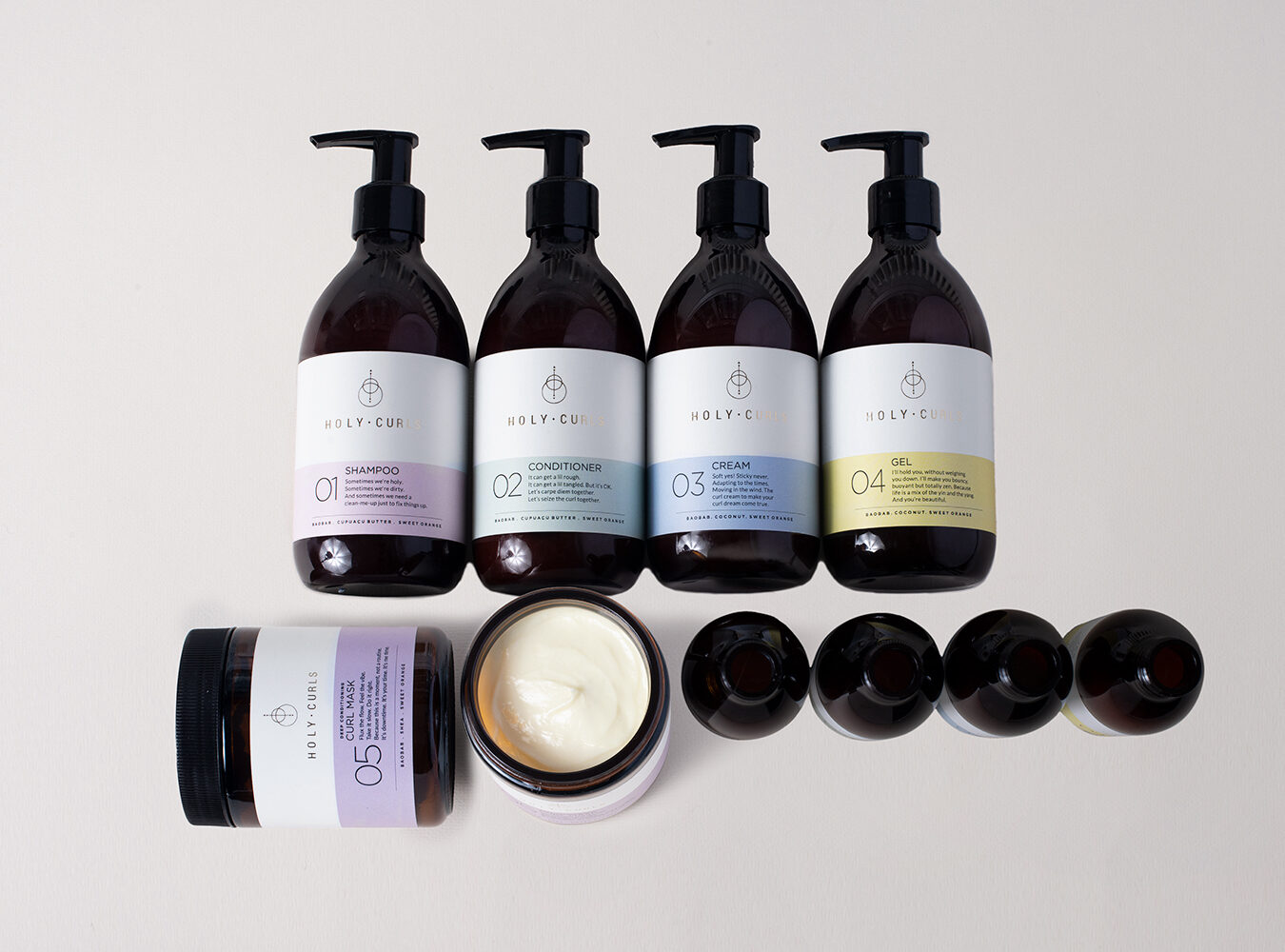
Holy Curls Gets A Big Bounce In US Retail Distribution
Holy Curls has a—holy crap!—ton of new distribution.
The haircare brand has entered Bluemercury, J.C. Penney and Violet Grey. By 2023, it will be across J.C. Penney and Bluemercury’s store networks nationwide, where it’s in 160 and 22 stores, respectively, today. Holy Curls is also stocked at smaller retailers and Liberty London in the United Kingdom, where it’s based, along with The Detox Market in the United States.
“We like to partner with retailers that are passionate about creating a diverse and inclusive offering for their customers,” says Holy Curls founder Badria Ahmed. “The ideal partnership is one where the relationship is active and personal, and where we get the opportunity to actively bring the education piece and our values across.”
Historically the domaine of mass-market retail, prestige beauty retailers have been growing their textured haircare selections of late. Sephora and Ulta Beauty carry Briogeo, Curlsmith, Melanin Haircare and Pattern by Tracee Ellis Ross, among several brands in the segment. Earlier this year, Wella acquired Briogeo and Helen of Troy acquired Curlsmith.
Ahmed was born in Somalia, raised in Sweden and resides in London. At 21, she moved to Australia and couldn’t find anyplace to get a perm. She began to accept her natural curls, a decision encouraged by the burgeoning natural hair movement at the time.
A jet setter, during her travels, Ahmed encountered ingredients like baobab oil and cupuaçu butter to help manage her natural curls and now incorporates them into Holy Curls’ five products. The brand’s logo features a compass as a sign of Ahmed’s travels and the global sources of its ingredients.
The idea for Holy Curls emerged when Ahmed was back in London and witnessed women’s relationships with their hair. “I just saw the disconnect that women had, especially Black women, but also white women, with their natural hair,” she says. “I just saw a lot of weaves and wigs and, for the white girls, they would straighten their hair.” She continues she wanted to dig into the “connection to self and why we felt like our hair was not beautiful.”
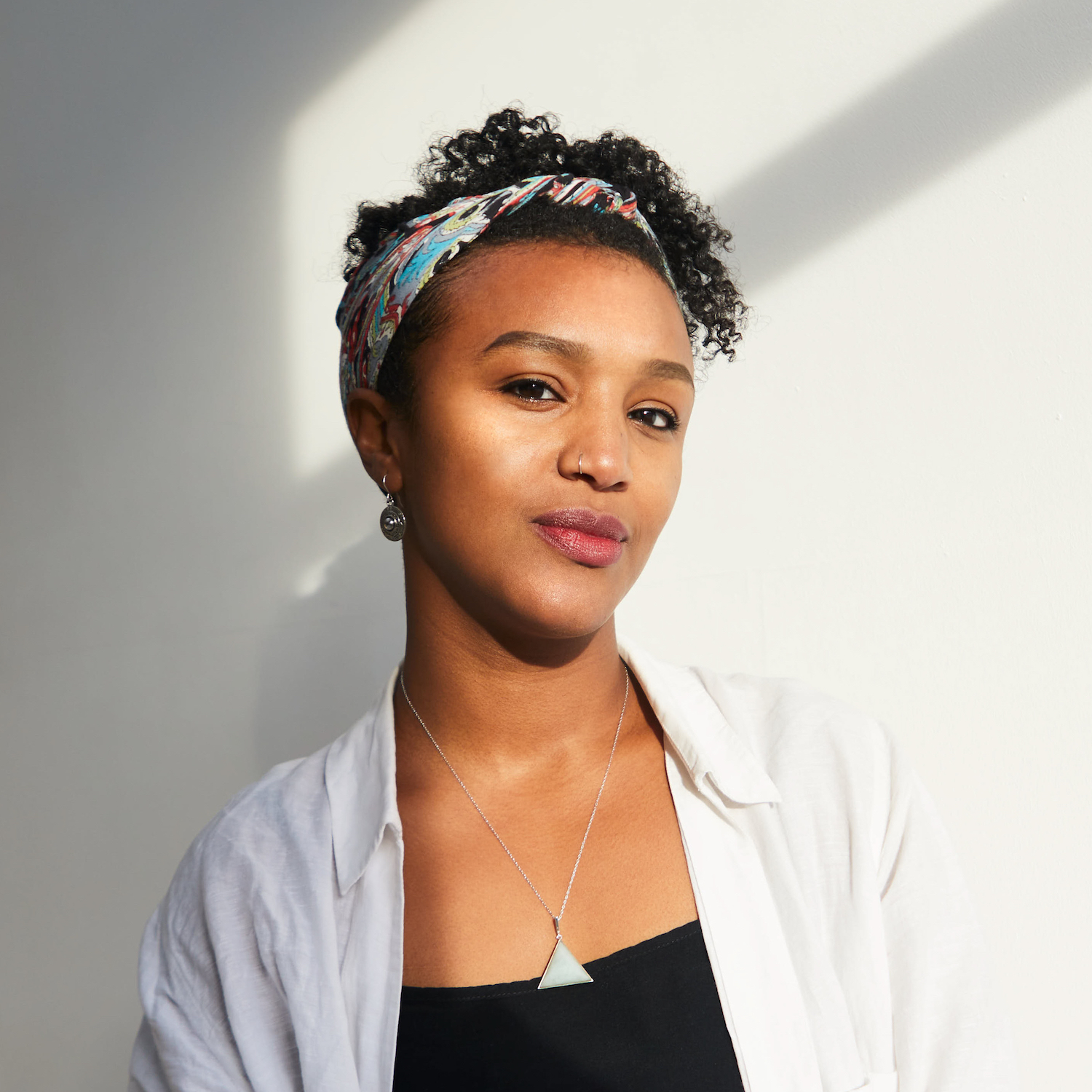
Ahmed launched Holy Curls in 2019 with 16,000 pounds or about $19,000 at the current exchange rate. It debuted with four products: shampoo, conditioner, curl cream and gel. A deep conditioning mask joined the assortment in 2020 and a travel-sized discovery kit was released in 2021. At U.S. retailers, prices for Holy Curls’ products largely run from $34 to $55.
The curl cream is Holy Curls’ bestseller. Ahmed has been working on the brand’s next two products for two years now. Both are slated for 2023. She says, “My approach is, if we’re going to launch something, it has to be needed.”
Holy Curls’ slogan is, “Curl care for urban babes,” and Ahmed emphasizes “urban babes” encompasses all consumers with textured hair, from those with “the slightest wavy, European textured hair to kinky afro textured hair.” In both the U.K. and U.S., which has a more crowded curly hair market, has Ahmed noticed a lack of education on curly hair. “It’s so evident that people don’t know about their hair type, about porosity,” she says. “That basic understanding of what your hair does and how to care for it and how to use products for maximum benefits is just not there.”
Holy Curls plans to introduce a personalized quiz to its website to learn about and improve on the education of its customers. The brand is planning to collaborate with curly hair specialists, too, to boost education. “For us, it’s all about bringing that education to the forefront that’s been missing and hasn’t really been given to us,” says Ahmed. “We want to add value because every customer is different in terms of how to use products and what they need.”
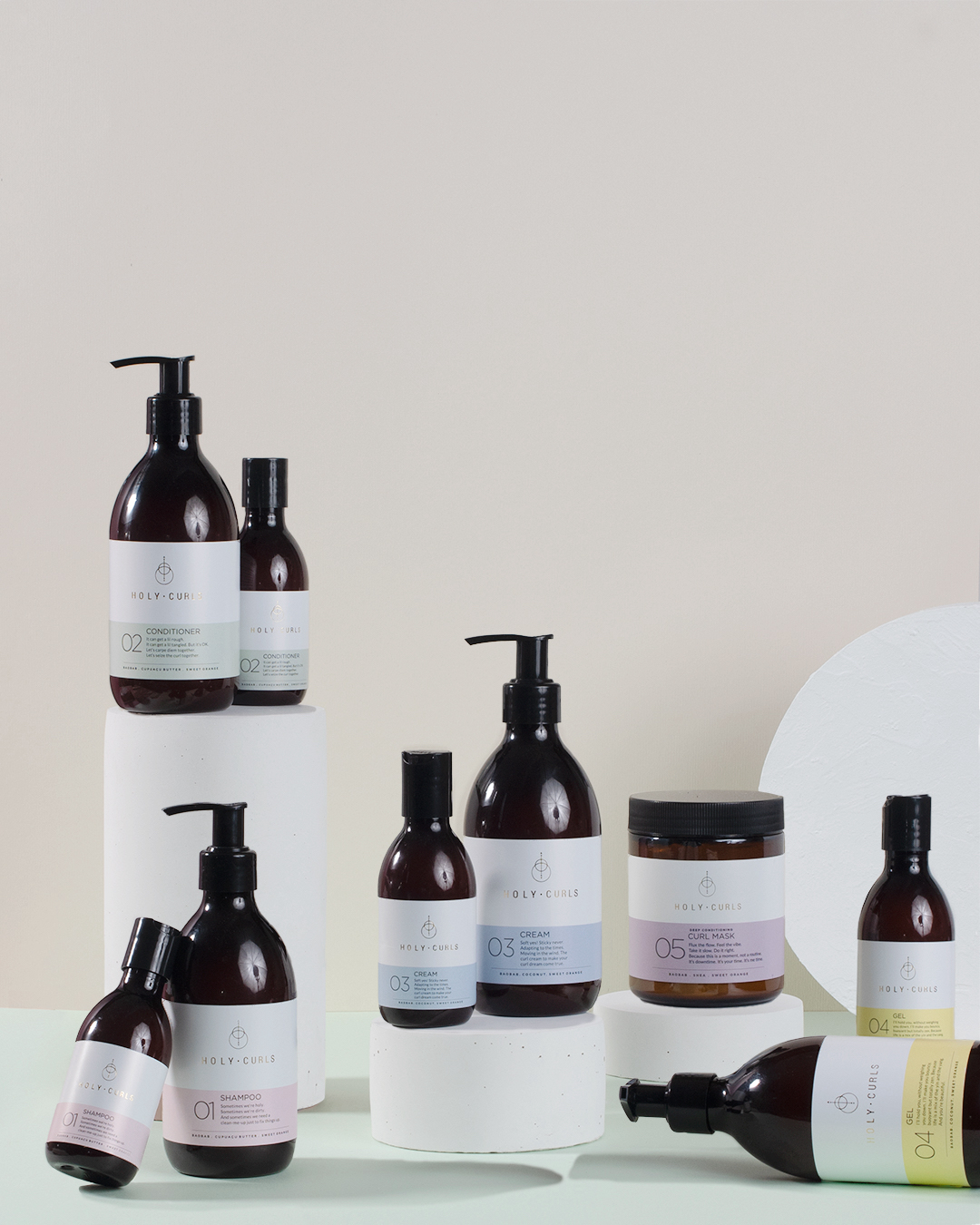
Holy Curls has been averaging yearly revenue jumps of 357% despite spending 8% of sales on online marketing, a percentage on the lower end for beauty brands. The brand primarily relies on old-school word of month and customer testimonials to drive awareness. “We tried the whole social click ads, and it just felt like it was completely not worth it because you’ve spent so much money to get that one sale,” says Ahmed. “You need to have a big budget and a big creative team to make a difference which we do not have.”
Holy Curls’ in-house team has five people, and the brand works with external agencies as well. “Strong partnerships are such a key, especially when going through rapid phases of growth,” she says. The brand had to more than quadruple the inventory it produced to support its rollouts at J.C. Penney and Bluemercury launches.
Self-funded Holy Curls is interested in increasing the number of retail partnerships it has down the line, but Ahmed’s main goal is ensuring the partnerships it’s already secured are successful. She says, “It’s one thing going into all these places, but the real works starts when you’re in and with the retailer. How do you stay there? How do you sell? That’s what we’re focusing on.”

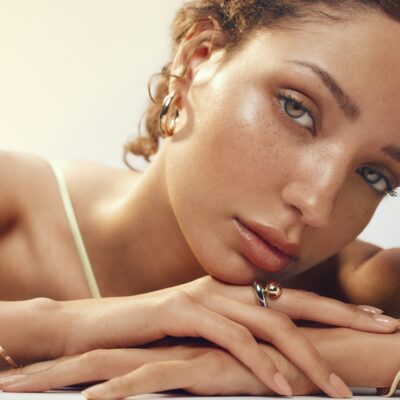

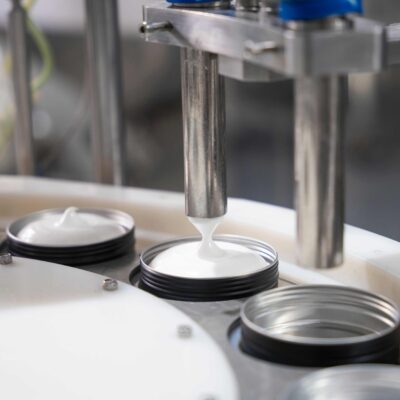

Leave a Reply
You must be logged in to post a comment.